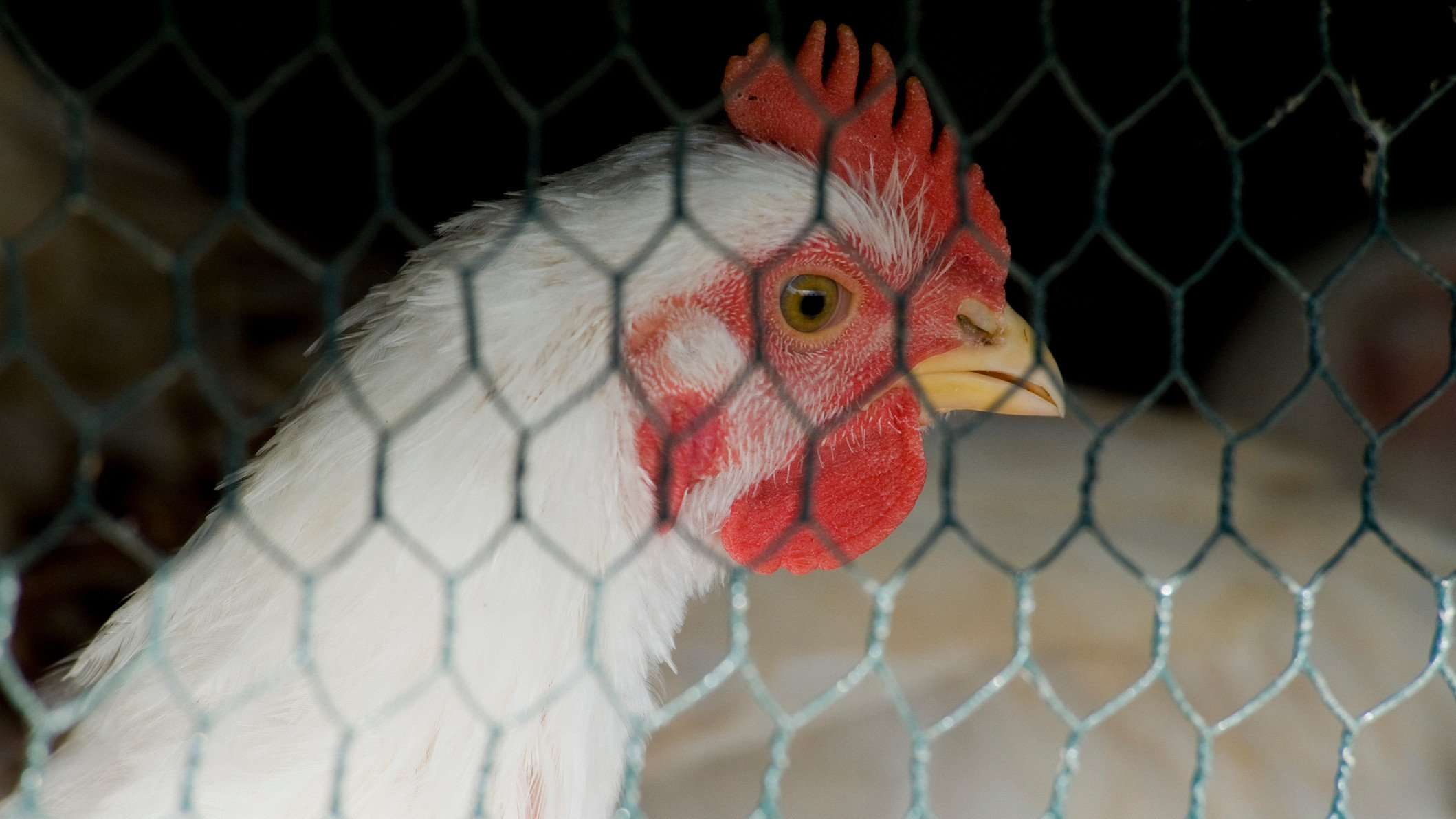The Meat Industry Is Being Deregulated, And Tumors Are On The Menu
As COVID-19 began to firmly take hold in the United States, Donald Trump invoked The Defense Production Act (DPA), which gives the president the right to essentially force domestic industries to produce goods and supplies that are considered critical to the country. His order on April 28 specifically influenced our national food supply chain, and in some ways deregulated the meat industry. Now, we're seeing a peculiar side effect of that deregulation: the USDA (U.S. Department of Agriculture) has announced it will allow chicken processors to sell meat—for human consumption—from birds that are known to be diseased.
As reported by Bloomberg, the USDA's Food Safety and Inspection Service (FSIS) accepted a petition from the National Chicken Council to allow for the processing of broiler chickens infected with Avian Leukosis. For those not familiar, Avian Leukosis is a disease that, according to the Merck Veterinary Manual, causes symptoms such as:
"... inappetence, weakness, diarrhea, dehydration, and emaciation. Infected chickens become depressed before death. Palpation often reveals an enlarged bursa and sometimes an enlarged liver. Infected birds may not necessarily develop tumors, but they may lay fewer eggs."
Putting aside the fact that apparently chickens can become noticeably depressed, not only does this rule change mean that at least some people will be eating chickens infected with the disease, but Bloomberg also reports that "Inspectors would no longer be required to examine the first 300 birds of each flock for signs of the disease, and processors would be able to cut off tumors and lesions and then process the rest of the bird" [emphasis ours].
Making things worse, there's evidence that this disease has the potential to cross from birds to humans, and Parthapratim Basu, who previously served as the Chief Public Health Veterinarian for the FSIS, is quoted as saying, "Sooner or later it will mutate...A poorly regulated meat industry could very well become the source of a new epidemic."
